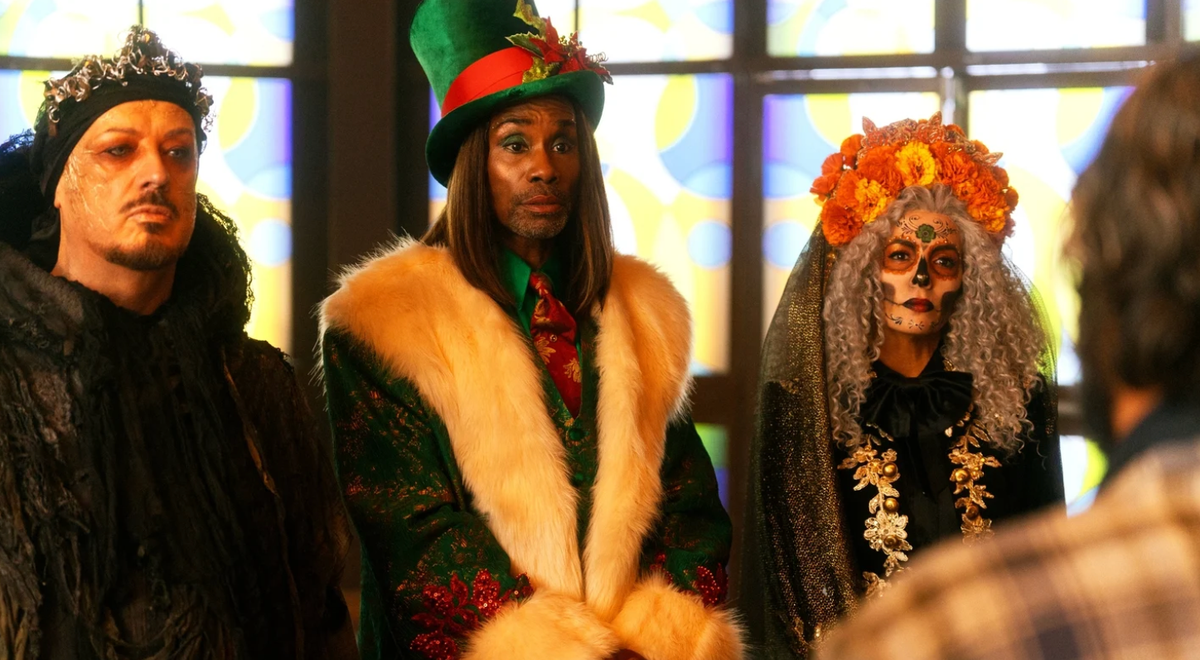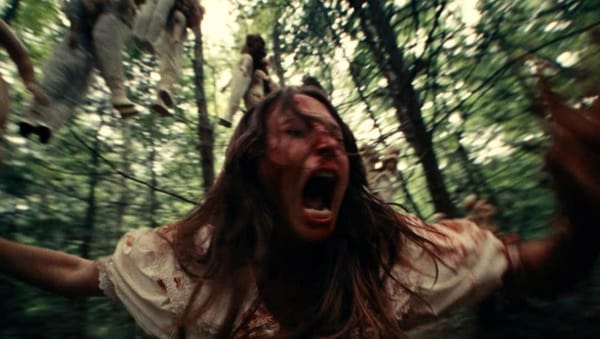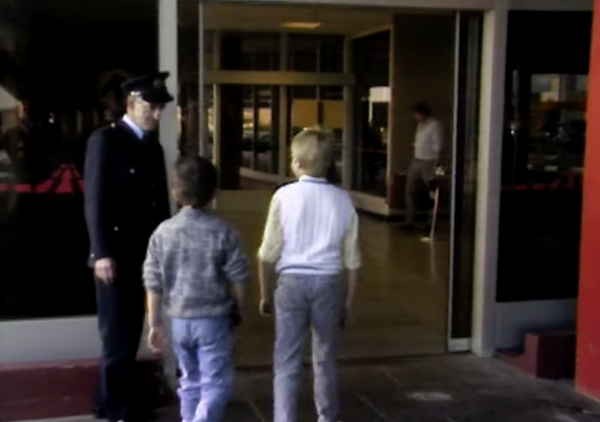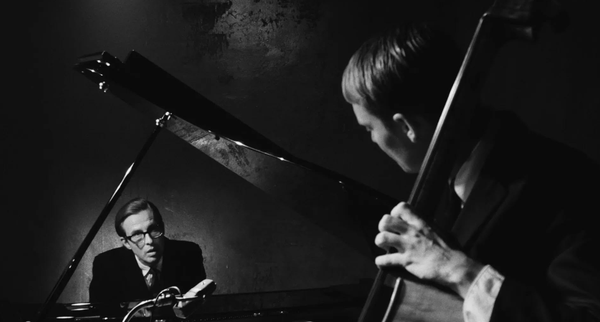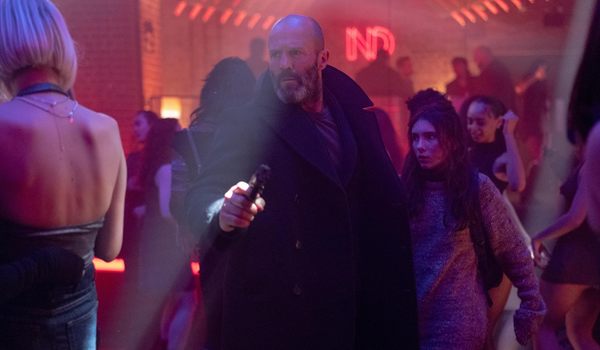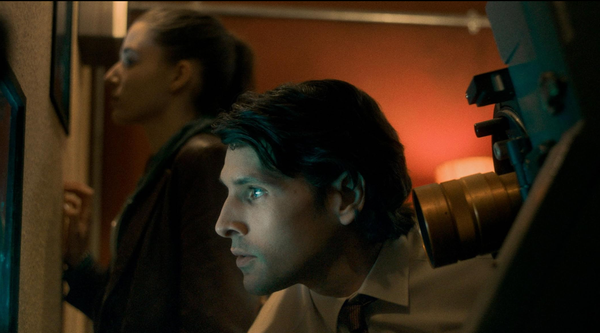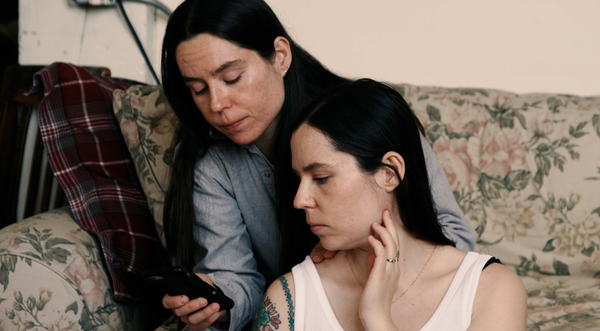Tanvi Gawali gifts her review of Christmas Karma.
Upon first glance at the marketing, it might be easy to label Christmas Karma as a light-hearted fantasy, a movie made for comfort with a gentle, predictable plot. But this retelling of Charles Dickens’s A Christmas Carol brings so much more.
On the eve of Christmas, London is decked out in all its festive glory, shimmering lights, tinsel-laden trees, carol singers belting out the hits. There’s a jolly mood in the air for everyone… except Mr Eshaan Sood (Kunal Nayyar) or “the Grinch”, as his employees at his accounting firm call him.
For this Grinch, Christmas Eve is a day like any other. It’s business as usual. Eshaan struts around the city delivering bad news: calling in debt, firing employees and rudely rejecting a family dinner invitation. As the classic tale unfolds, that night in bed, he’s visited by the ghosts of Christmas Past (Eva Longoria), Present (Billy Porter) and Future (Boy George). This begs a rethink of the old adage “The past shapes the present, but it doesn't have to dictate the future.” However, where Christmas Karma shines is with its distinct perspective.
For decades now, Gurinder Chadha has been creating beautifully crafted stories of brown lives in a Western world, and Christmas Karma is no exception. This film leans into her personal life as a Ugandan-born Indian who later moved to the UK under difficult circumstances. The themes of uprooting a built life, racism and the struggle to adapt to a new culture and country are deeply threaded through the well-worn narrative.
The ensemble cast brings so much heart to the film, most notably the subplots of Mr Sood’s assistant, Bob Cratchit (Leo Suter) and his family, as well as the corner shop owner, Parduman Singh (Nitin Ganatra), who consciously sells Christmas treats and decorations despite it being financially disadvantageous to the shop. They choose joy and oneness over ruminating on difference. These tiny tales of natives and immigrants bring authenticity, something relatable in contrast to the fantastical elements, choreographed set pieces and guiding supernatural entities.
The film showcases the England of today as a nation struggling with the coexistence of diverse communities. This tension is fuelled by the inevitable consequences of an impending recession and a middle class drowning under fiscal strain. The conscious casting of African American actors as Jesus and Santa Claus is a deliberate yet powerful move. The rich score and musical numbers influenced by Gospel, Bhangra, Christmas carols and Classical Pop bring fun and energy to the film. However, in some instances, they do overpower the more intimate emotional scenes.
A Christmas Carol has been retold multiple times as a zany Will Ferrell adventure, with muppets, as period dramas, or with Bill Murray as a cold, clinical capitalist, but Chadha does something important with Christmas Karma. She ensures that so many immigrants feel seen. By showing these British middle-class lives on screen, the film celebrates resilience, highlighting how when even when life isn’t ideal, there is always solace to be found in love, family, and togetherness.
An easy watch? Definitely, but this film digs deeper with an important message of hope and healing. In reflecting on your past, which in turn moulds your present, one might wonder: is it ever too late to mend your ways? After all, the sourest lemons yield the richest lemonade.
Christmas Karma is in cinemas 14th November 2025.

